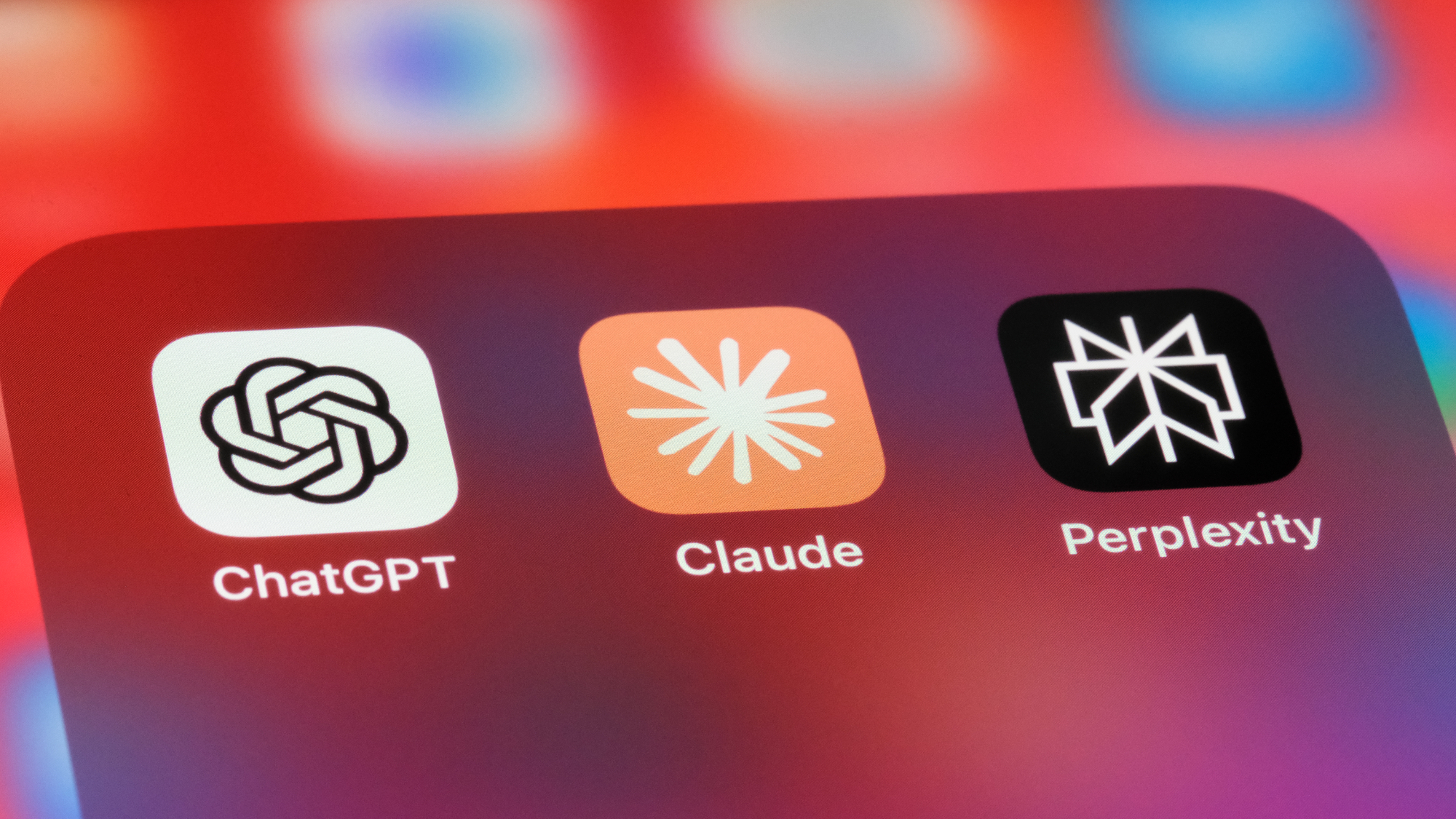OpenAI's rocky GPT-5 launch is the beginning of an uphill battle for AI, as Meta announces another restructuring
As the hype train slows down, the AI industry is thinking about where it's headed next

The launch of GPT-5 was meant to herald a new era for OpenAI. After introducing GPT-4 two years prior, the company was finally going to move forward from iterative releases based on GPT-4, and unleash a benchmark-topping next-generation model. There was only one problem. Users didn't like it.
While OpenAI CEO Sam Altman hoped for a necessary iterative step toward the goal of Artificial General Intelligence (AGI), user feedback claimed that the new model lacked elements that made its previous models so popular. Soon after, OpenAI brought back older models for users willing to pay for them.
GPT-5, and the public perception of the model has shifted in the weeks since its launch, with OpenAI launching a prompt optimizer tool and prompting guide, along with updating the model to be a little friendlier, but the bad aftertaste of a rough launch still lingers.
AI models are becoming more difficult to develop
GPT-5 was supposed to be as game-changing as GPT-4, if not more so. But it wasn't anything close to that. This raises the question: Is the AI industry reaching a plateau? The teams behind AI model development can't feed more data into their models to improve their capabilities anymore. Now, it's about tweaking or trying something new, and it doesn't feel like any of the big AI players have quite figured out what that is yet.
OpenAI could try hiring more people with new ideas, but Meta has been way ahead of the game. Altman accused Meta of offering huge, hundred-million-dollar signing bonuses to some of its staff earlier this year. As a result, several high-profile OpenAI staff members have been successfully poached by Meta, including lead OpenAI engineer Shengjia Zhao.
Despite Meta's push for AI talent, the team is undergoing restructuring, with staff being reportedly split across several divisions, with recruitment frozen for an undetermined amount of time. That may give OpenAI a window to pick up any new hot AI talent, without Meta throwing the big checks around.
One thing is clear: the path that large AI businesses are undertaking to race toward AGI is taking its toll. As many AI models now pivot toward Agentic AI and Thinking models, the cost to compute each query will inevitably get higher, as more complex tasks require more tokens. More tokens mean higher computational costs, which makes running AI businesses more expensive.
Despite these recent headwinds, the AI train shows few signs of stopping, but new data shows the technology isn't making money for the organizations that are using it.
The path to profitability

This week, a report from MIT suggested that as few as 5% of organizations saw an impact on P&L after adopting AI tools. As a result, AI-adjacent tech stocks fell, as faith in the profitability of AI was shaken, stoking fears of an AI bubble. OpenAI has yet to turn a profit, despite its annual recurring revenue predicted to hit $20 billion this year. But CEO Sam Altman is happy to run the company at a loss and prioritize growth, he told CNBC. This suggests that OpenAI hasn't found the killer app for AI, which would prove that the new technology could indeed be profitable. Whether or not that killer app ends up being AGI remains to be seen.
Altman himself has acknowledged that the AI industry may be a bubble, though he stopped short of suggesting OpenAI was a part of that assessment, hinting that there was still a viable business within it. During a dinner shared with reporters (via The Verge), Altman said:
"If you look at most of the bubbles in history, like the tech bubble, there was a real thing. Tech was really important. The internet was a really big deal. People got overexcited. Are we in a phase where investors as a whole are overexcited about AI? My opinion is yes. Is AI the most important thing to happen in a very long time? My opinion is also yes.”
Nvidia has benefited from the AI gold rush, and could stand to rake in even more as it sells the notion of "AI factories" to investors. And the company's plans for AI infrastructure span decades, signaling that Nvidia sees value in AI for the long haul.
Since OpenAI is as reliant on Nvidia as every other major player in the AI space, it has to compete with them to secure adequate compute resources for its operations. OpenAI CFO Sarah Friar told Bloomberg that OpenAI might sell additional AI-related services at some point in the future, with a focus on setting up data centers optimized for AI workloads.
While that has the power to be a decidedly profitable venture, it highlights OpenAI's murky future towards profitability. AI's shine is starting to fade among investors, while companies like OpenAI and Meta grapple with the complexity of developing advanced models. Among all of this, one thing is certain: the race to develop the most advanced AI models is becoming more difficult, and the industry is still waiting with bated breath for the tech to deliver the promised revolution.
Follow Tom's Hardware on Google News to get our up-to-date news, analysis, and reviews in your feeds. Make sure to click the Follow button.

Jon Martindale is a contributing writer for Tom's Hardware. For the past 20 years, he's been writing about PC components, emerging technologies, and the latest software advances. His deep and broad journalistic experience gives him unique insights into the most exciting technology trends of today and tomorrow.
